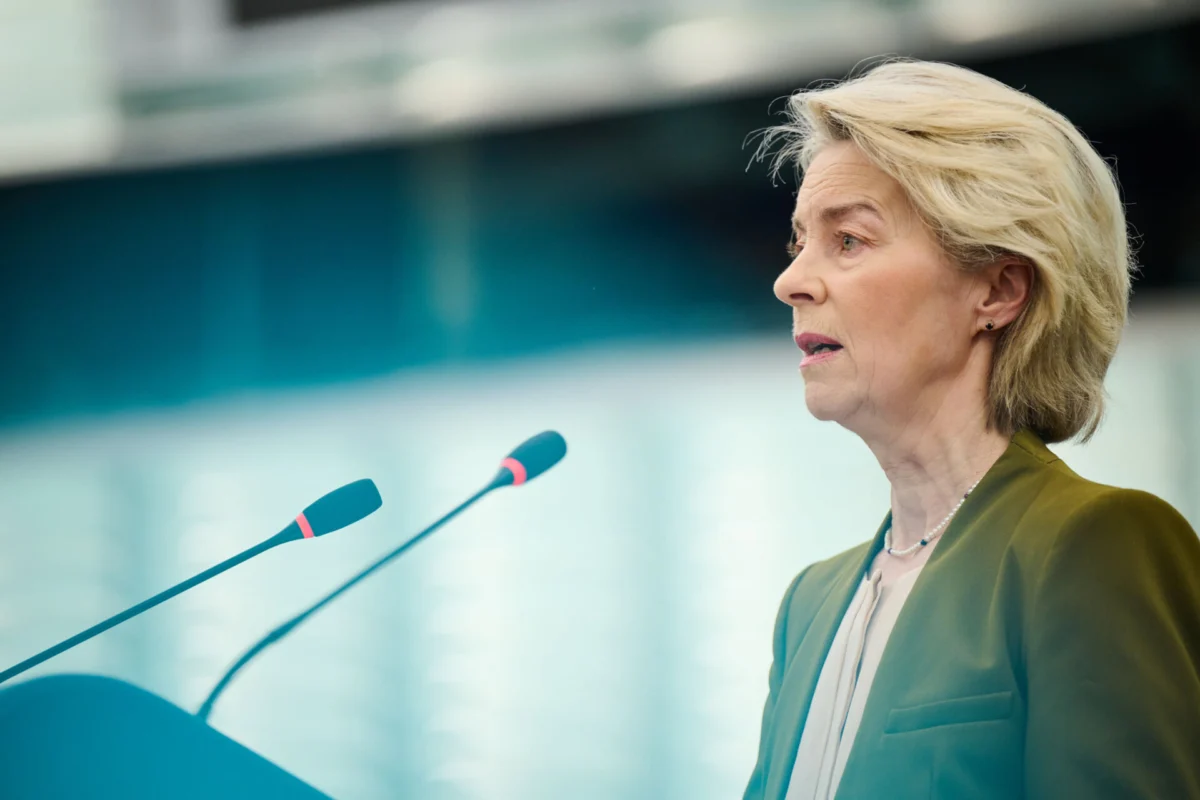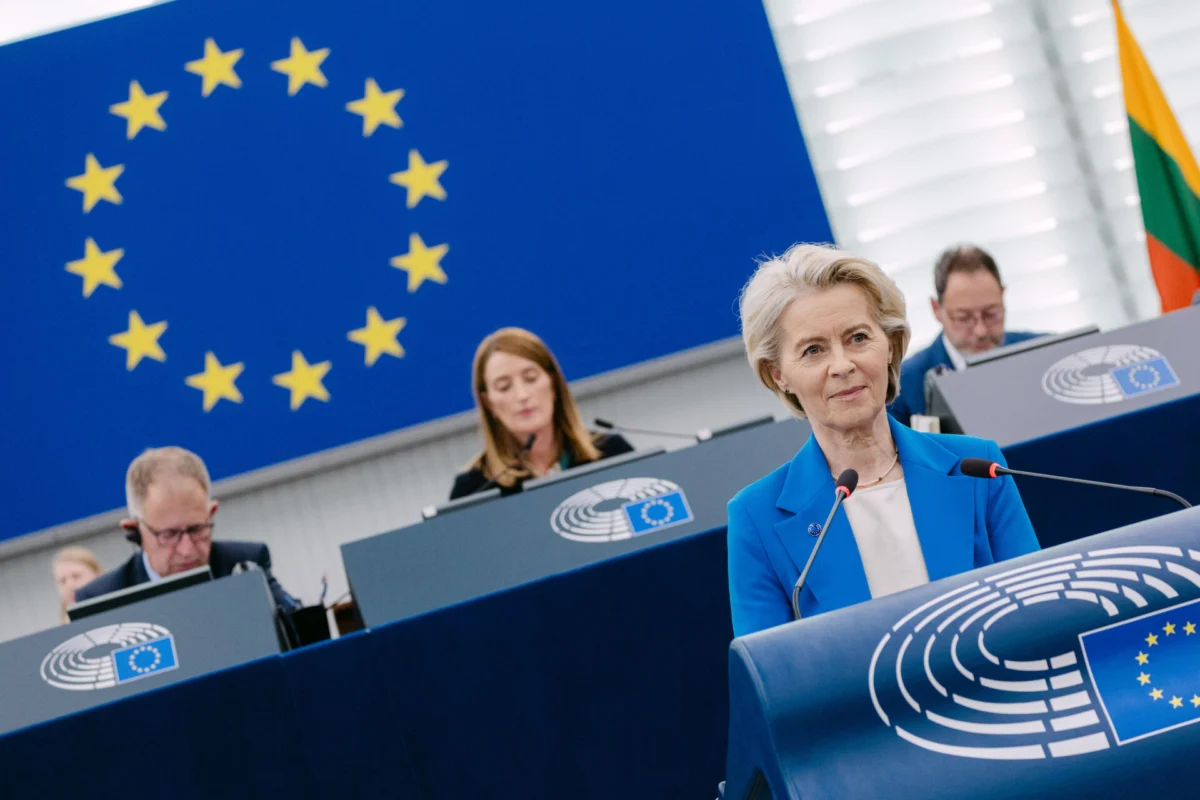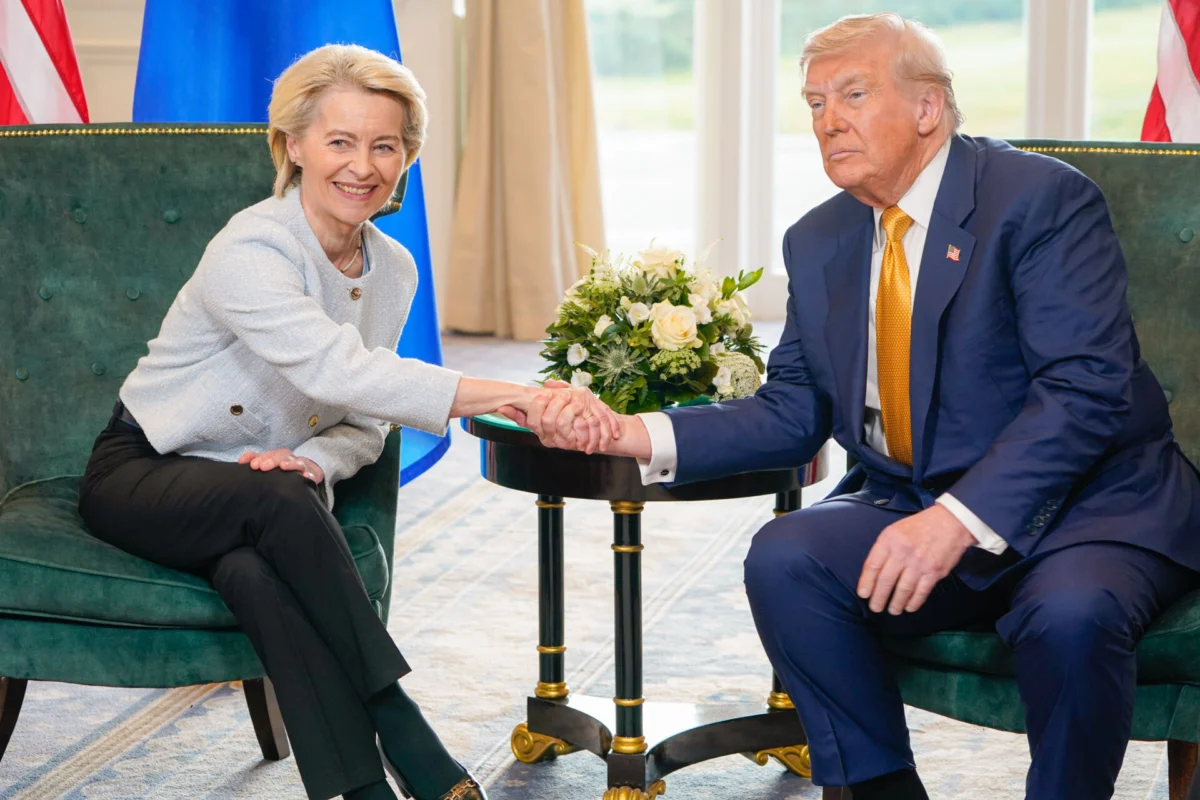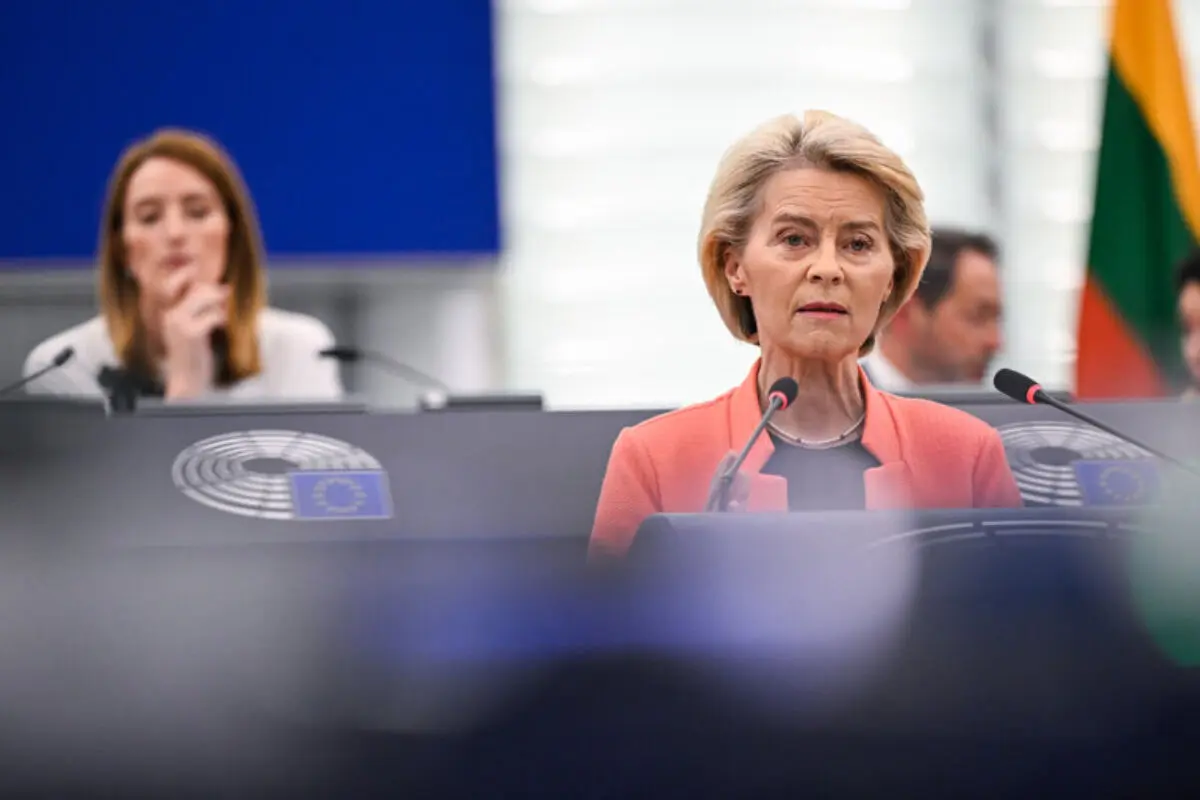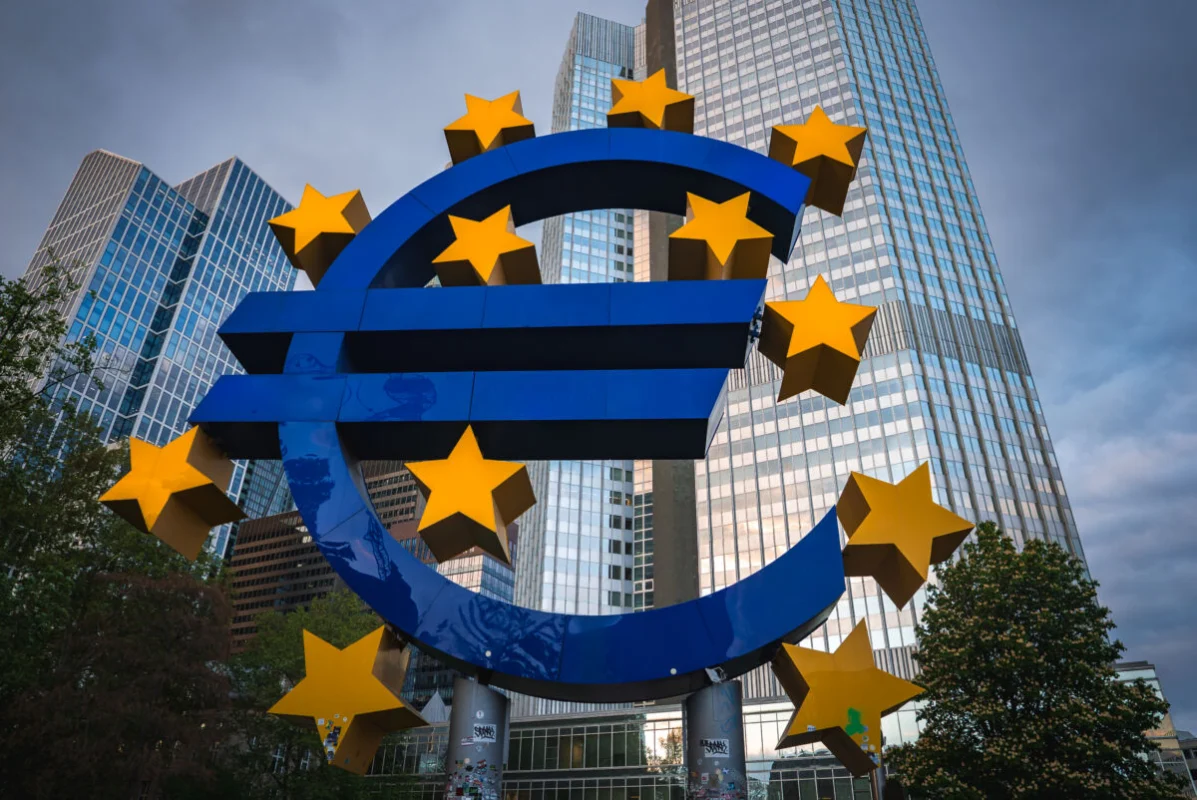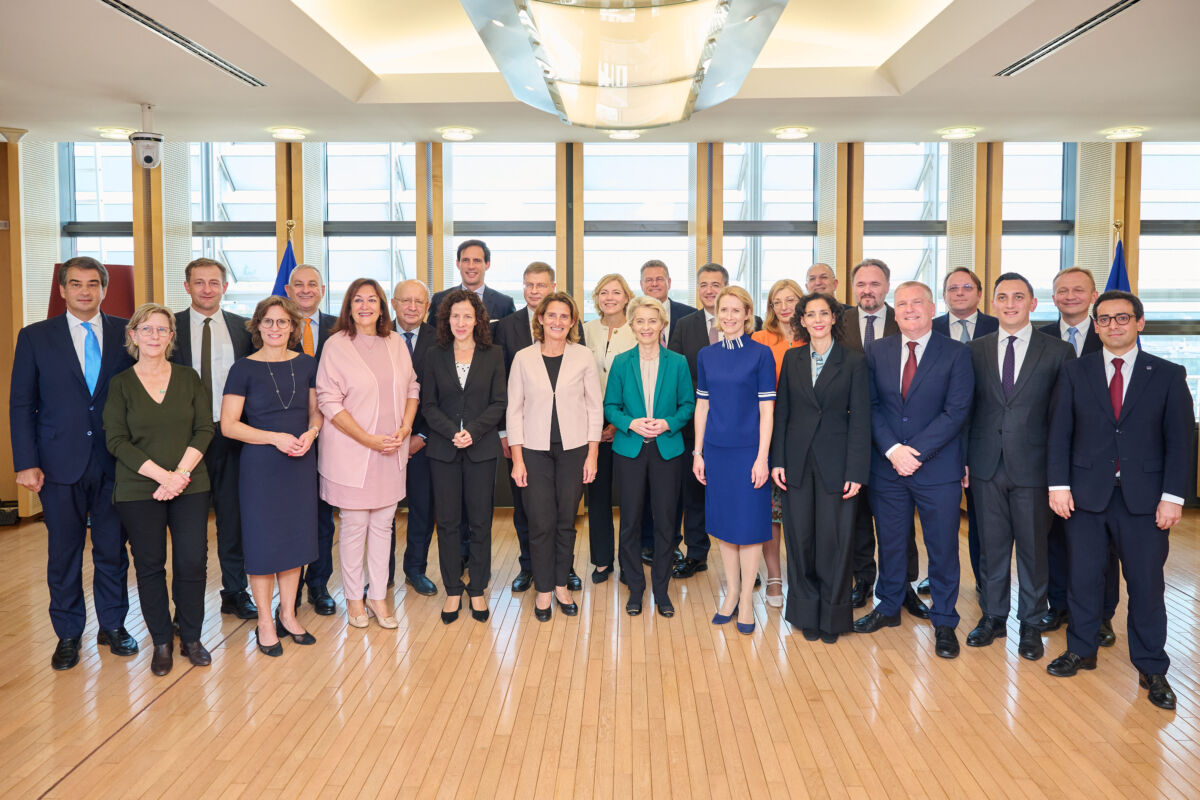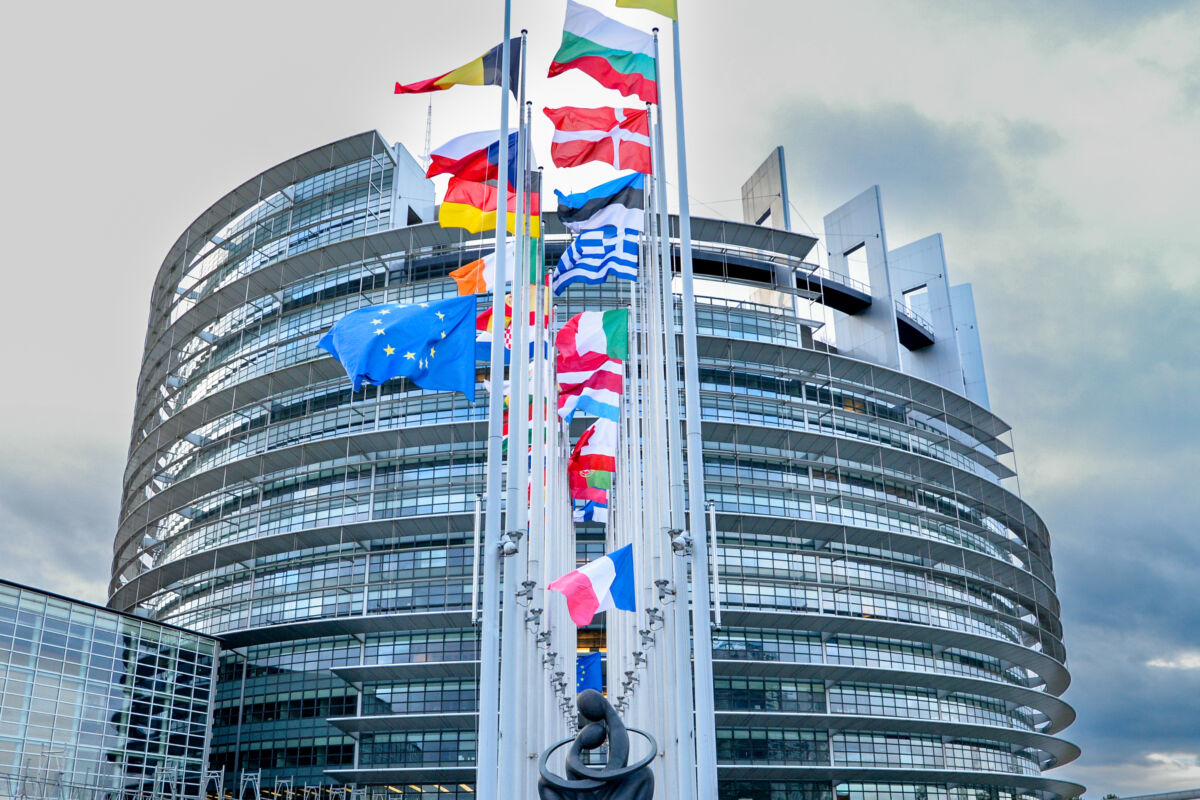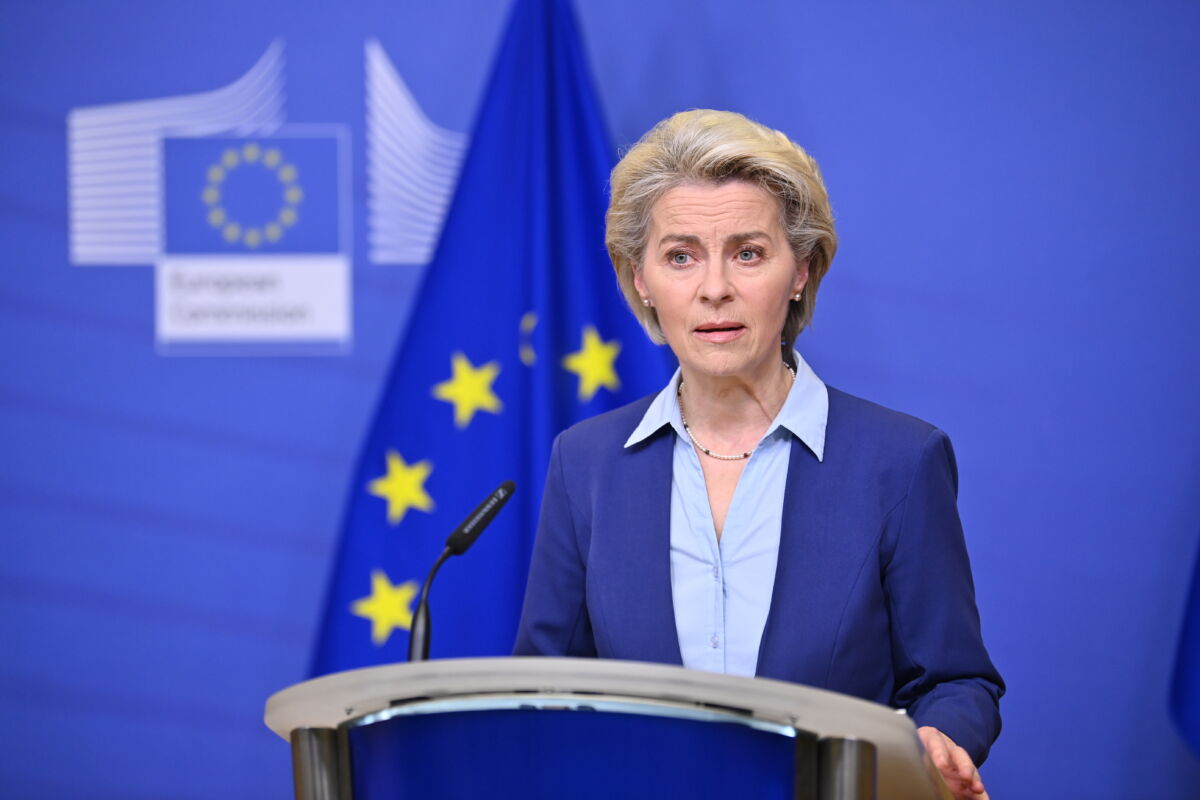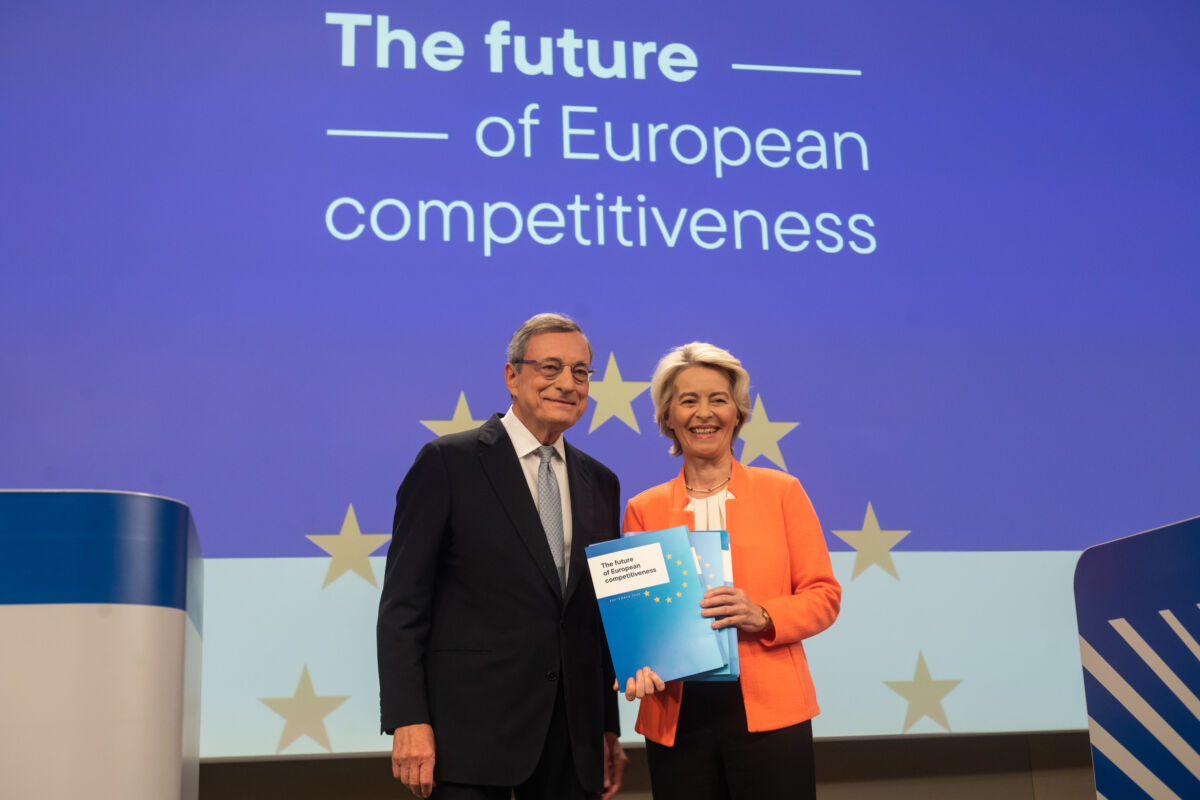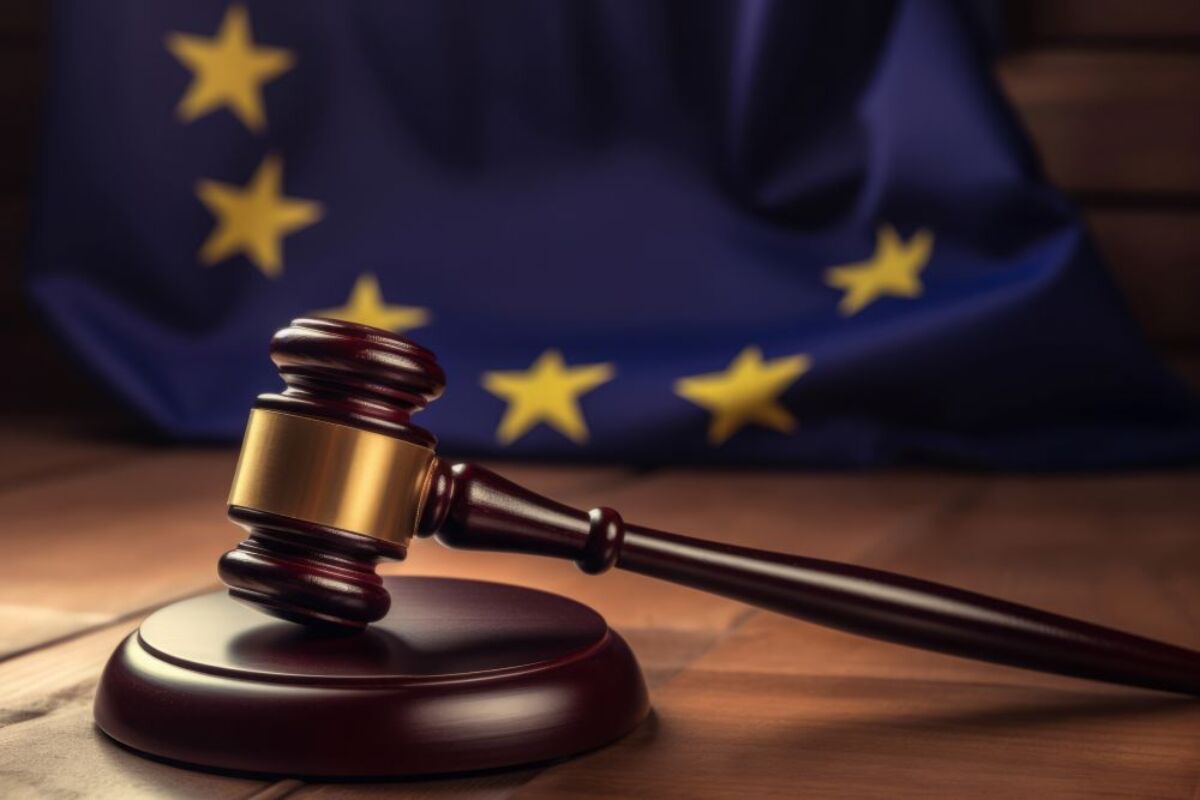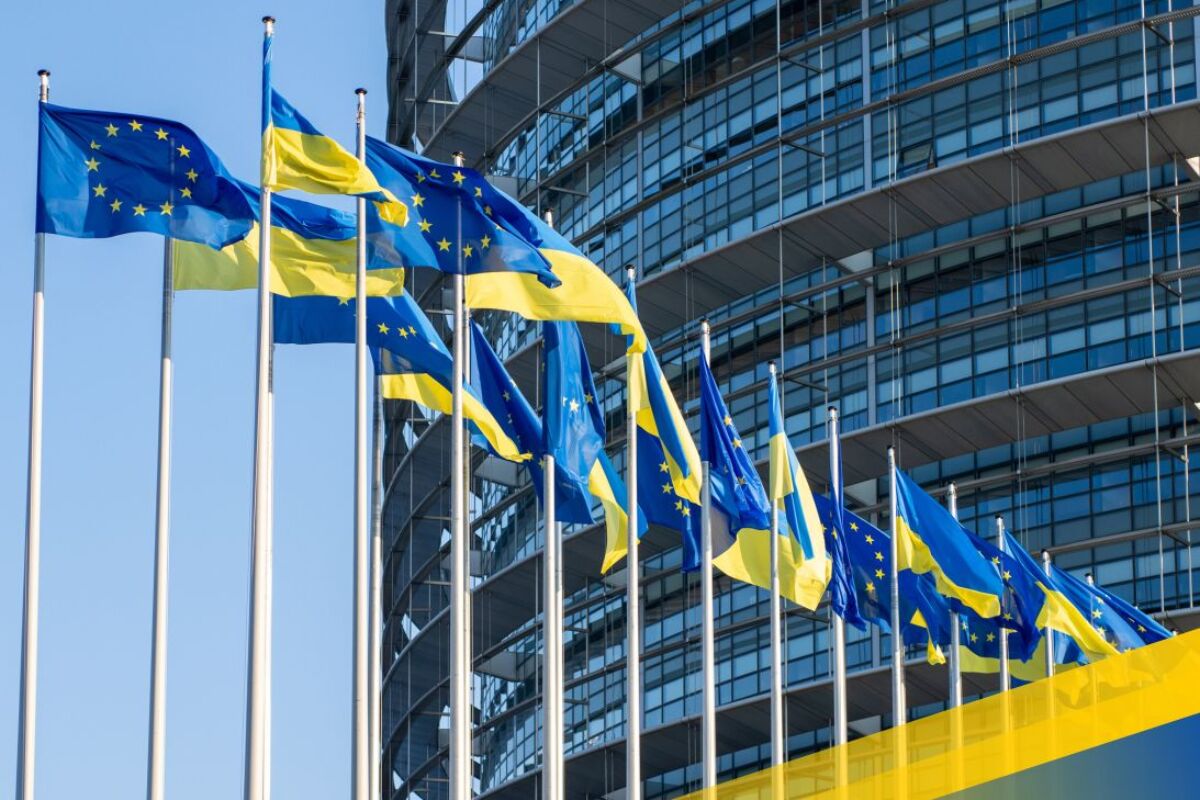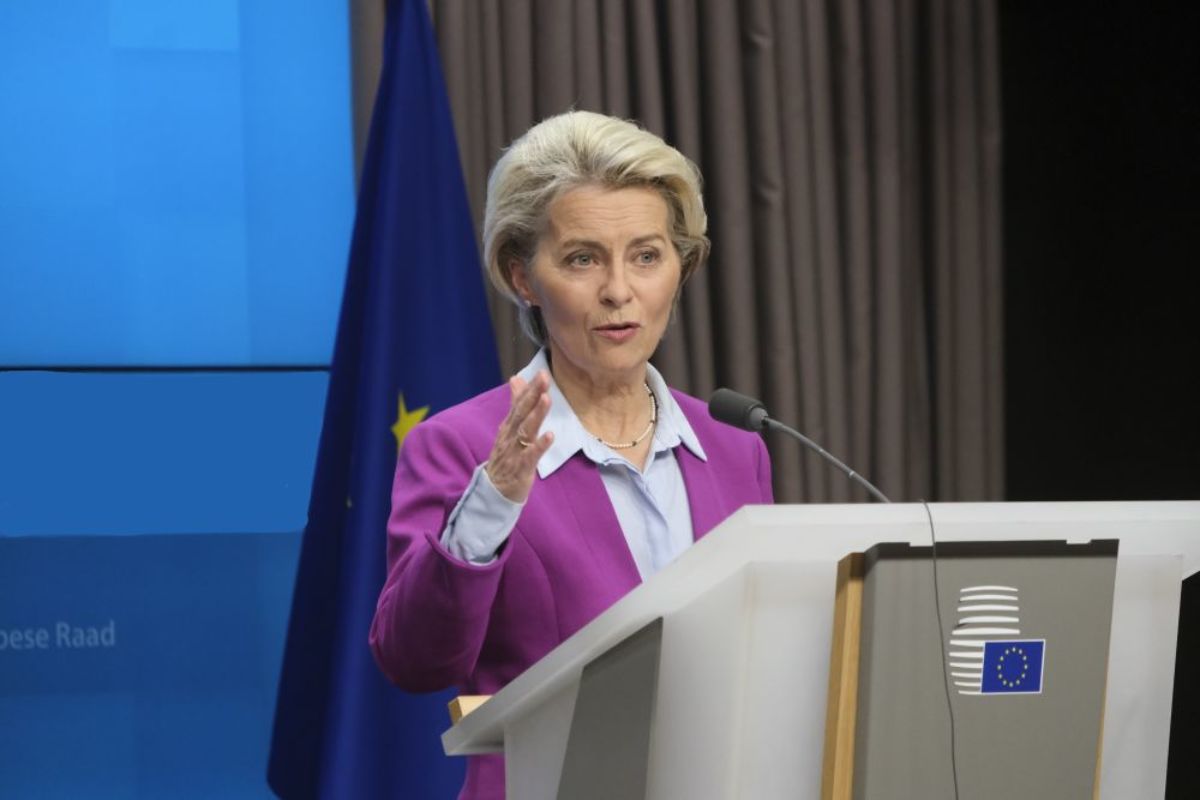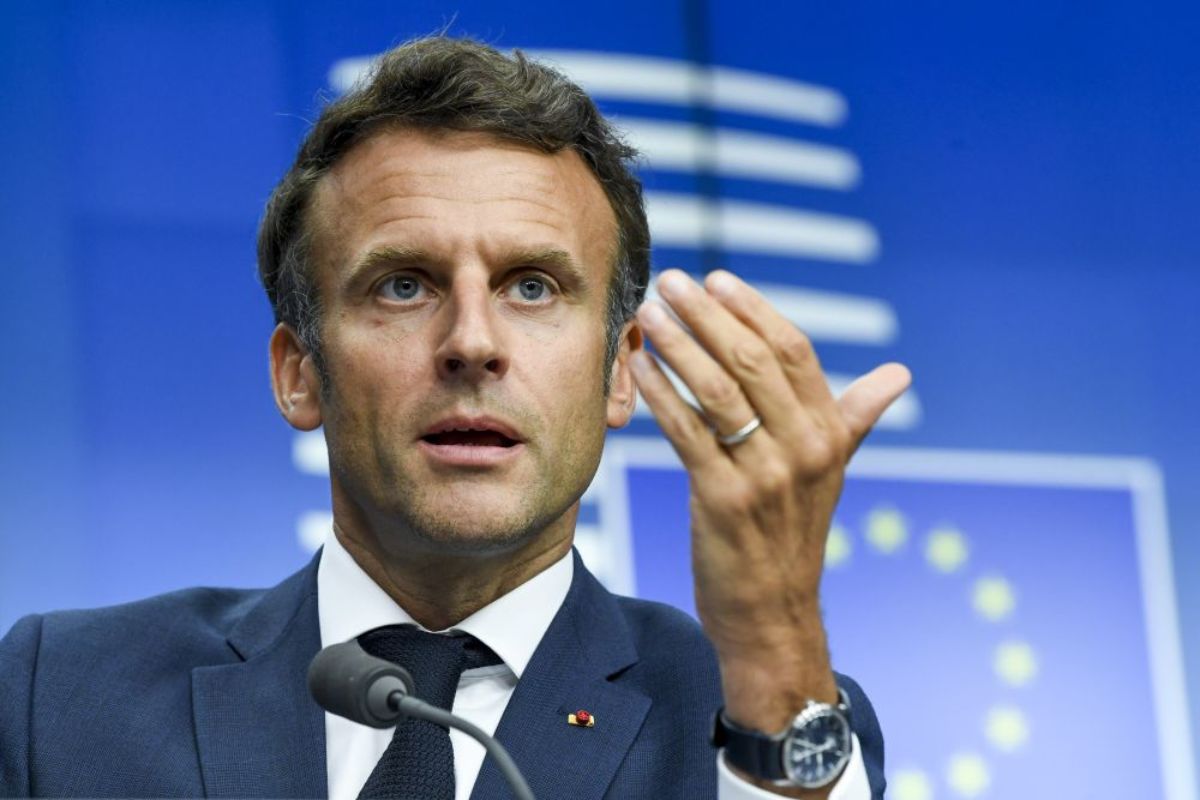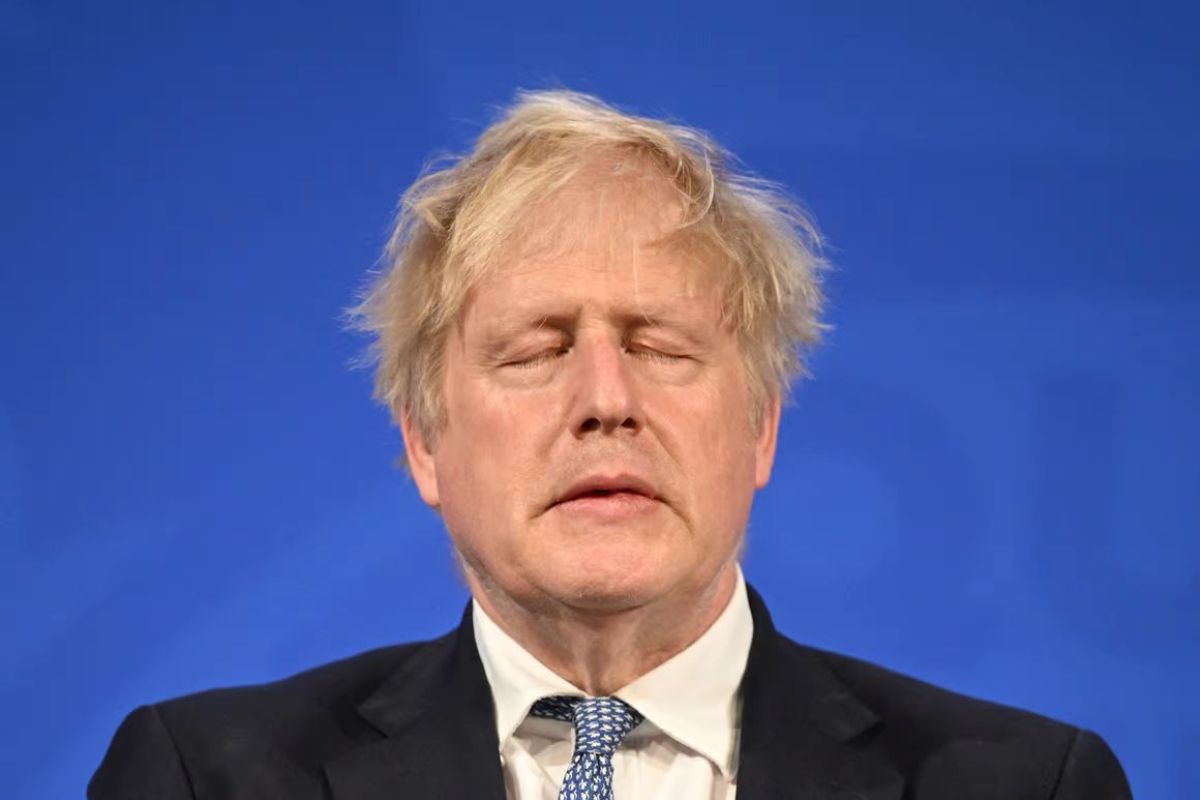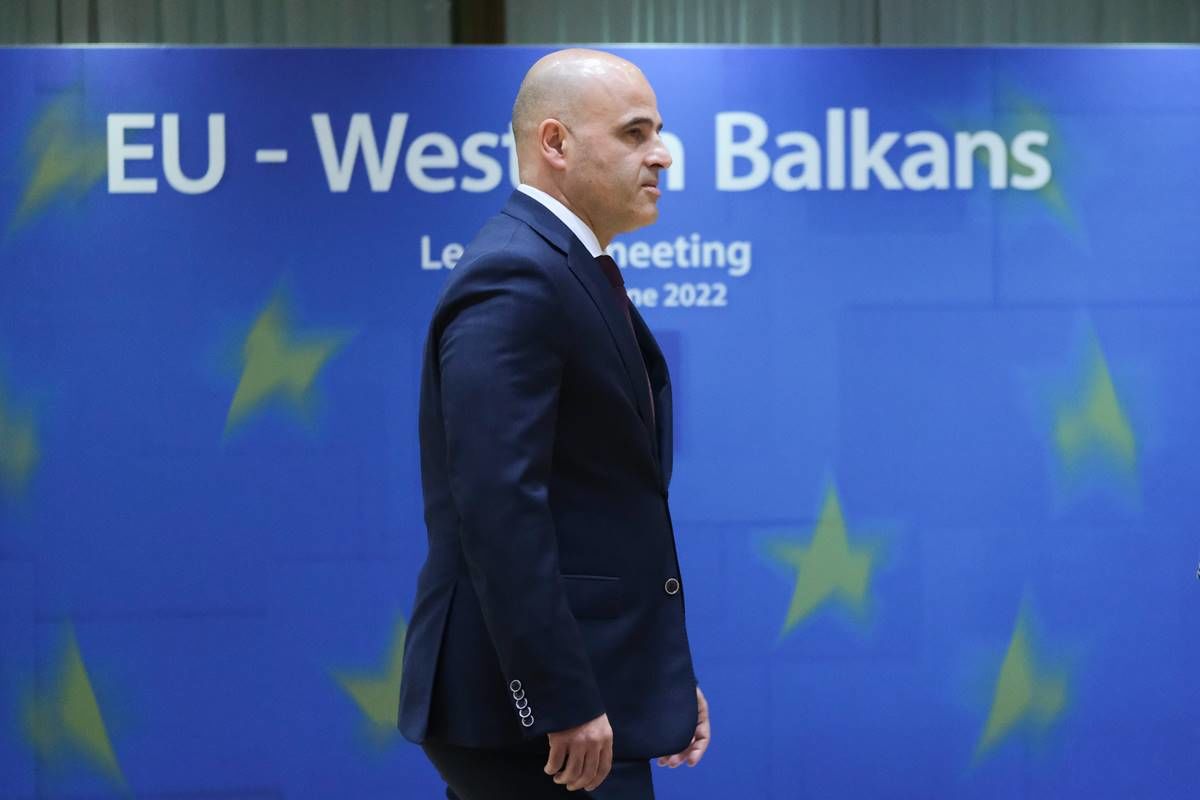At its last meeting for this year, the European Council managed to unblock the New Generation EU (NGEU) project and the budget for the next seven years by agreeing on a two-page declaration regarding the application of the rule of law mechanism. This compromise has elicited much praise for unblocking a crucial project, but also much criticism, with headlines such as Merkel caved in, and Hungary and Poland had won already.
Yet, these negative reactions seem to be based on an unrealistic, politically motivated expectation of what the rule of law mechanism could achieve. And also on an over-estimation of what the European Council has actually changed with respect to the agreement with the European Parliament that had been reached before Hungary and Poland suddenly appeared to be willing to veto the entire process, including the MFF and the NGEU funding.
The agreed rule of law mechanism, with all its limitations and maybe a minor delay,[1] represents a small, but potentially important step in the integration process long term.
Misplaced expectations
The expectation that a tough rule of law mechanism could somehow subvert the dominance of Victor Orbán in Hungarian policies was in any case misplaced.
There is widespread dissatisfaction across the political spectrum in the European Parliament with the lack of an effective mechanism to enforce the rule of law in member states. There is also a palpable reluctance among net budget contributors to send more EU funding to those member states captured by corrupt governments. Hence the repeated call to the German rotating presidency of the Council that ‘something must be done’.
It bears repeating that the EU is a community of law. Many, perhaps even most, member states disagree with the policies pursued by the ‘illiberal’ regime in Hungary and the attempts of the Polish government to control its judges. However, a political disagreement is not enough to justify stopping regular budgetary transfers to a member state. To the extent that it can be proved that there have been violations of criteria for EU membership or EU law (protection of the separation of powers at national level, fundamental rights (media, education, LGTBI, etc.), infringement procedures before the ECJ should be (and some have already been) started. If the Court finds infractions of EU law it can impose heavy fines. But this is different from cutting normal budgetary transfers to member states (or rather their beneficiaries). The existing Treaties simply do not provide stronger mechanisms to ‘punish’ a member state, which, in the opinion of the others, deviates from the principles of the rule of law.
Action has now been taken, however. A regulation has been agreed among the co-legislators (the Council and the European Parliament) that will enter into force on 1 January 2021.[2]
The key limitation: protecting the financial interests of the Union
The so-called rule of law mechanism was born out of the argument that countries whose governments interfere with the rule of law at home do not deserve large transfers from the EU budget. This argument has strong political appeal. But the EU itself is also subject to the rule of law. It can only cut the funding to all of a member state’s beneficiaries[3] if there is a concrete Treaty-based procedure to do so. The only legal base that can justify the Regulation that has just been adopted is the need to protect the financial interests of the Union itself. This is why the ‘rule of law’ regulation is directly linked to the need to protect the financial interests of the Union, not to the value of the rule of law itself. Some parts of this Regulation adopt a very wide view of the principles underlying the rule of law. But Article 3 of the Regulation stipulates clearly that measures can only be imposed if there is a clear link to the financial interests of the Union:
“Conditions for the adoption of measures
… Appropriate measures shall be taken where it is established according to Article 5 that breaches of the principles of the rule of law in a Member State affect or seriously risk affecting the principles of sound financial management of the EU budget or the protection of the financial interests of the Union in a sufficiently direct way.“
The key element here is that the financial interests of the EU must be affected “in a sufficiently direct way”. This means that it is not enough that the Commission and a qualified majority of member states think there are breaches of the principles of the rule of law, they must also prove that these breaches directly affect the financial interests of the EU.
In practice, this will be difficult to establish. When a government tries to gain more influence over the appointment of judges and their careers, its aim is mostly not to defraud the EU, but to use the judiciary for internal political purposes. The causal link between the erosion of the rule of law and a danger for the EU’s financial interests will in most cases be tenuous and difficult to uphold in court. In practice it could well be the case that an illiberal regime represents less of a danger to the financial interests of the EU than a country in which the judiciary is completely independent, but inefficient. The misuse of EU funds could very well be more prevalent in southern Italy or Bulgaria than in Poland or Hungary. It was a mistake to frame this Regulation as being directed against two countries in particular.
Has the European Council ‘neutered’ the substance of the Regulation?
The Council Conclusions could not (and did not) affect the fact that the Regulation has been agreed and will enter into force on 1 January 2021. No single article has been changed. One might well ask, why all the fuss?
Most of the European Council Conclusions of 11th December just re-state the obvious, for example that the Regulation must be applied in an impartial way and that the EU respects the constitutions of its member states, etc.
Most critical attention has focused on one line in the Council Conclusions “Until such guidelines are finalised, the Commission will not propose measures under the Regulation.”
This line must raise the eyebrows of constitutional lawyers. The Commission is an independent institution. It is thus supposed to apply the Regulation from January 2021 in an impartial way.
Lawyers can discuss at length what it means that the European Council ‘agrees’ that the Commission will not propose measures before it has drawn up guidelines for the application of the Regulation. It will be up to the Commission to show its independence in its key role as guardian of the Treaty. This ‘agreement’ in the European Council is thus a mere political declaration if the Commission does its job properly. Many apparently now expect that the Commission will not do its job properly, at least not for a few months.[4]
Yet it would not be the end of the world if the Commission really did wait a few months more before it launched its first procedure under this new Regulation. The procedure now established by the mechanism is meant to constitute a permanent addition to the EU’s legal order. The overarching priority must be that it operates on a solid basis, with evidence that is accepted by the European Court of Justice.
Conclusions
The overall conclusion is clear: the Regulation now agreed represents the utmost of what can be done within the existing legal order of the Union. The mechanism had to be limited to the ‘defence of the financial interests’ of the Union. This also means that it could never serve as a useful instrument to defend the principles of the rule of law in general. It seems that many of the critics of the European Council ‘compromise’ have not accepted this reality.
[1] It is widely assumed that this delay was crucial for Victor Orbán, assuring his re-election in 2022. But this is just an assumption. Maybe the Commission could have proposed withholding funds under the Regulation before the election, but the reaction of the Hungarian electorate might have been to rally round the flag. A delay in the application might rob the governing party of the image of a foreign enemy.
[2] Shortly after agreeing to the Council Conclusions the governments of Hungary and Poland announced that they would challenge the Regulation in the ECJ. It is of course their right to fight for the annulment of the Regulation. But in this case it could also be seen as a violation of the duty of sincere cooperation with the EU institutions (Article 4(3) TEU) to agree to an interpretative declaration within the EUCO and then to turn around and contest the underlying EU legislation. It will be up to the Court decide this issue. This action for annulment should be welcomed in a longer-term perspective as it will make future actions in the context of the Regulation more difficult.
[3] Some have claimed that under this Regulation the government against which measures have been taken would still be obliged to pay out the same amount to its national beneficiaries. But this only shifts the burden onto taxpayers.
[4] It has been reported that during summit the President of the Commission agreed (in response to a direct question by one Prime Minister) with the interpretative declaration and that the Commission would not take action until it had drawn up its guidelines for compliance (which usually takes months). The Commission President is a Member of the European Council. She can thus not dissociate herself from its Conclusions. It remains to be seen whether this statement just reflected an objective need to have some general guidelines (like the ones the Commission has for state aid) before starting a procedure against any particular country, or whether it represented a willingness of the President of the Commission to put aside at least temporarily its duty as guardian of the Treaty.





